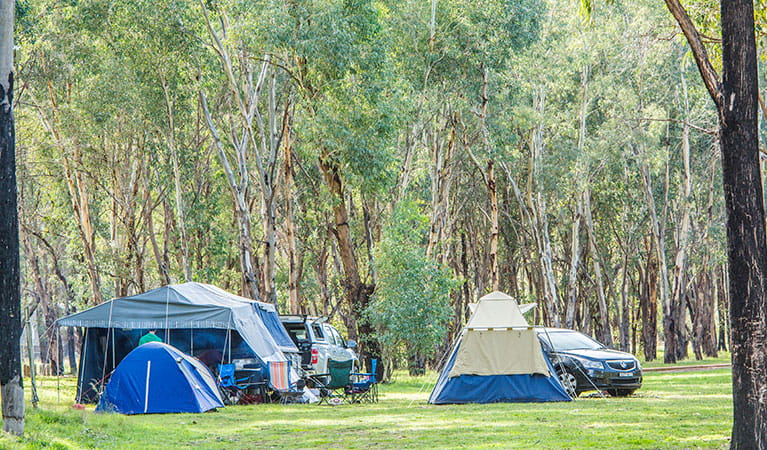
Camping in National Parks USA
While camping in national parks is an ideal vacation, there are some important considerations to keep in mind. The number one concern is safety. Large predators such as bears can pose a significant risk, so it is important to store food, supplies, and waste appropriately. A good idea is to purchase bear-resistant food storage containers to put in your vehicle or in the trunk of your car. It is also a good idea to leave these containers at least 15 feet above the ground.
There are rules for camping in national parks. In Yellowstone, for example, you should treat your dogs with respect. Do not let them run loose and make sure they don't pose a threat to the wildlife that lives in the area. Additionally, you should pick up after your dog to avoid attracting attention from other visitors. And, you should practice the concept of "leave no trace": leave campsites as you found them.
Before you arrive at a national park campground, check if reservations are available. Some national parks allow reservations online, while others don't. You should always try to secure reservations before arriving, because you can be turned away if you don't have a reservation. A good idea is to make reservations well ahead of time to avoid problems with the first-come, first-served system. If possible, book at least a year in advance for your trip.
When planning a camping trip in a national park, remember to choose a campground with amenities. The park may have a designated campground, or you can camp in an undeveloped area. However, dispersed camping in a national park can be difficult. Moreover, national parks tend to have more rules and protections than other campgrounds, so it's a good idea to check the regulations before setting up your tent.
During your visit, consider whether you want to camp in a front-country campground or in a back-country park. Some national parks are not accessible by cars, so you'll need to drive for a few hours to reach them. You'll also need to decide whether you'd prefer a campground that's closer to a park restroom or one with a less crowded area. A campground near a restroom is usually more private, while one located far from one is more likely to have more privacy.
The other thing to consider when choosing a campground is its amenities. Some parks provide electrical outlets, but others don't. Some of the best national parks also have toilets in the park, so you should make sure that you find a park that meets your needs. Aside from the convenience, camping in a national park is also a great way to spend quality time with your family. And, it's important to note that most national parks have a range of other facilities, which makes it easier to get around.
 CampingSurvivalistHuntingFishingExploringHikingPrivacy PolicyTerms And Conditions
CampingSurvivalistHuntingFishingExploringHikingPrivacy PolicyTerms And Conditions
